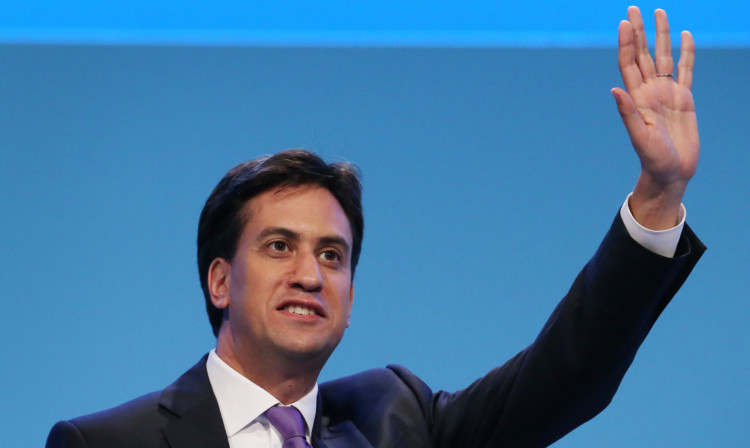Warnings that Britain could face blackouts if Labour enforces a freeze on gas and electricity prices have been dismissed as “scare stories” by Ed Miliband, as he compared the energy companies to banks resisting regulation ahead of the 2008 crash.
Mr Miliband wrote to the “big six” companies warning that they would face a consumer backlash if they fought his plans for a 20-month freeze following the next general election in May 2015.
His surprise announcement at the Labour conference in Brighton on Tuesday was greeted with horror by energy suppliers, with predictions that firms deprived of the power to set their own prices would be in danger of “economic ruin”.
Shares in Centrica British Gas’s holding company fell by 5.3% in trading over the course of the day, while shares in Swalec owner SSE fell 5.8%.
Angela Knight, chief executive of trade body Energy UK, said that while the price freeze was “superficially attractive”, it would “also freeze the money to build and renew power stations, freeze the jobs and livelihoods of the 600,000-plus people dependent on the energy industry and make the prospect of energy shortages a reality, pushing up the prices for everyone”.
But Mr Miliband made clear he would not be moved by warnings that companies could scale back investment, or that the lights may go out as a result of the freeze.
In his letter, he told the six companies: “We face a stark choice. We can work together on the basis of this price freeze to make the market work in the future. Or you can reinforce in the public mind that you are part of the problem not the solution.”
The Labour leader told the BBC: “We will have scare stories from the energy companies, like we had scare stories from the banks threats, scare stories about regulation. I’m not going to tolerate that.”
Mr Miliband also said he would not tolerate companies “colluding” to raise prices in the period before the election to offset the financial impact of the freeze, estimated to save the typical household £120 and an average business £1,800 between May 2015 and January 2017, at a cost to industry of £4.5 billion.
